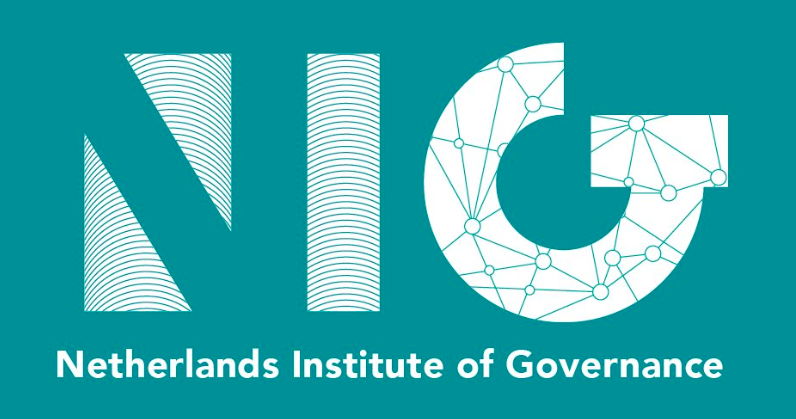
Introduction to Qualitative Comparative Analysis (QCA) using R
Dates: April 18 - 20, 2024
Instructor: Prof. dr. Eva Thomann
Full professor of Public Administration, Department of Politics and Public Administration, University of Konstanz
Instructor email address
Short course description
This course introduces students to the nuts and bolts of Qualitative Comparative Analysis (QCA), an innovative set-theoretic technique that allows for comparisons of small, intermediate or large numbers of cases in order to identify necessary and/or sufficient conditions for an outcome. It is an attractive method for scholars who seek to model causally complex patterns and integrate in-depth case knowledge at all stages of the analysis. We will introduce you to performing QCA with the freely available R software using the user-friendly RStudio environment. We will primarily discuss QCA as a case-oriented approach to small- and intermediate N comparisons. The intensive two-day course has a practical focus and combines theoretical blocks with many hands-on labs entailing exercises and quizzes. We will use real-life data to replicate a published study and discuss examples from the participants’ own research projects in class. The course covers the following topics:
- QCA: Origin, variants, uses and approaches
- Set theory and causal complexity
- Defining, structuring, measuring and calibrating concepts as sets
- Analyses of necessity and sufficiency
- Truth tables, limited diversity and counterfactual reasoning
- Conservative, intermediate and parsimonious solution types
Learning goals
- Understanding of the logic and technical working of QCA
- Basic familiarity with the application of QCA in R
- Familiarity with core QCA readings
- Ability to integrate a basic QCA in own research project.
Credits
3 ECTS
Preparation
Install the free statistical softwares R and RStudio.
Read 8 core readings that will be provided to students in PDF format.
The course materials (Readings, slides, R scripts and datasets) will be made available to participants via this dropbox. The textbook used in this course is:
Oana, I. E., Schneider, C. Q. & Thomann, E. (2021). Qualitative Comparative Analysis (QCA) Using R: A Beginner’s Guide. Cambridge University Press.
You should have basic knowledge of comparative empirical research. No prior knowledge of the R software is required, although it might be an advantage.
Participants should bring their own laptops and have the free statistical softwares R and RStudio (desktop version) installed prior to the start of the course.
Participatory should reserve an additional 5-6h for preparatory readings (to be read ahead of the course).
Assessment
Multiple choice exam on last course day (45’)
Minimum and maximum participants
From10 to maximum 20 participants.
Fee
500 Euro/participant
Registration
You can register for the course here, regardless of whether you wish to register for the IRSPM conference or not.
